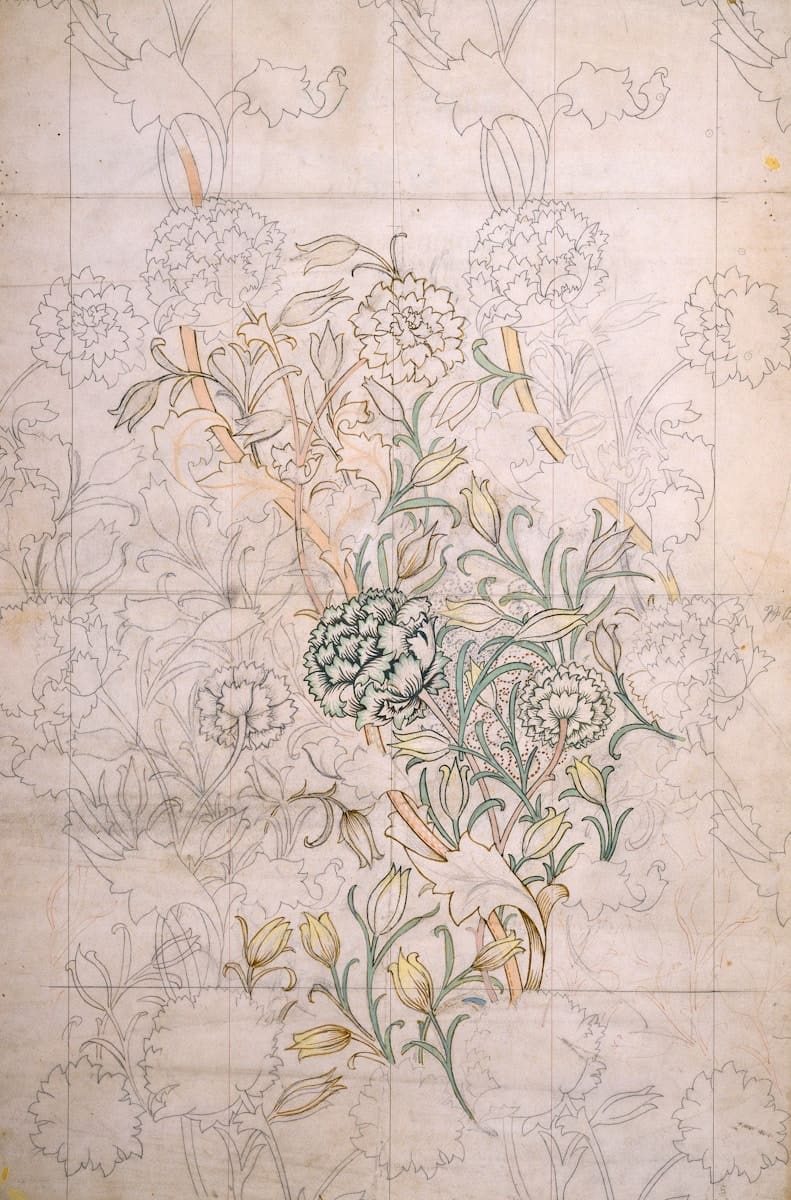
Shakespeare is perhaps not the first place that someone’s mind might go when thinking of D/s, but I have been fond of ‘The Taming of the Shrew’ since I first read it.
For those unfamiliar with it, here’s a quick plot synopsis:
A wealthy man of Padua has two daughters; one, Bianca, is the ideal of submissive virtue, the other, Katharina, being the titular shrew. Contenders to Bianca’s hand come up with a scheme to marry off the shrewish Kate, thus leaving the path to the altar clear for the object of their desire. A young man, Petruchio, undertakes to marry Kate, and eventually succeeds in conforming her to the ideal of the submissive and obedient wife.
This being a Shakespearean comedy, there are plenty of complications, cases of mistaken identity and a good dose of crude humour, but that is largely irrelevant to my interest.
Whilst superficially, it may seem strange for a female dominant to be fond of a play that apparently extols the virtue of female submission, the genders have always seemed of minor importance to me. It’s the systematic process of breaking down someone’s will, which so casually slips by unnoticed in this classical work of literature, which has always fascinated me.
The implications became exceedingly apparent when I recently saw an adaption where the genders were reversed. To see a much reduced, bedraggled, and desperate Kate proclaim that he would believe the sun was the moon or a candle or anything else she pleased, on his knees before and smiling and vaguely amused Petruchia was… entertaining, to say the least.
‘ Forward, I pray, since we have come so far,
Act 4, Scene 5
And be it moon, or sun, or what you please:
An if you please to call it a rush-candle,
Henceforth I vow it shall be so for me.
I wonder if anyone else in the audience had a similar reflection.





PLJ says:
Beautiful. It is going to make me read this play again, but with new glasses. Thanks.